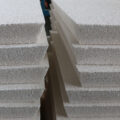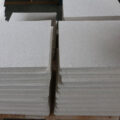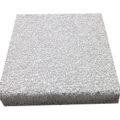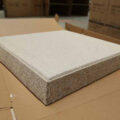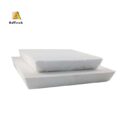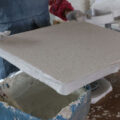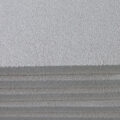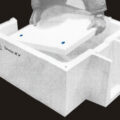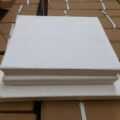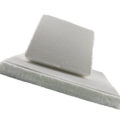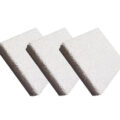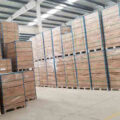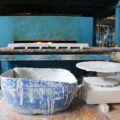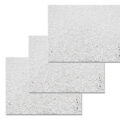Commercial aluminum-lithium (Al-Li) alloys are mainly used in aerospace applications due to their low density, high specific modulus, excellent low-temperature toughness, and excellent fatigue crack growth resistance. Every time 1% by weight of lithium is added, the density of the AL-Li alloy can be reduced by about 3%, and its stiffness can be increased by about 5%. It is often desirable to filter the alloy in the molten state to remove solid or liquid insoluble second phase impurities. Ceramic filters are widely used for removing inclusions in molten aluminum alloys.
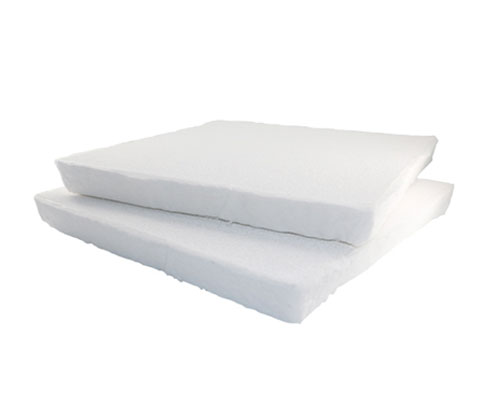
Traditional ceramic foam materials used to filter aluminum alloys include aluminum phosphate bonded alumina, sintered bonded alumina and boron glass bonded kyanite. Lithium is one of the most active alkali metals. Lithium will reduce almost all common oxide materials (except yttrium oxide and calcium oxide) at high temperatures. The high vapor pressure of lithium accelerates the corrosion of lithium alloy additives. As lithium vapor penetrates into the microstructure of the filter, the filter material will corrode before wetting begins.
When added to molten aluminum, lithium has a high tendency to react with oxygen and nitrogen at the molten metal-air interface and form lithium oxide, lithium aluminate, and lithium nitride inclusions. Lithium oxide destroys the stability of the aluminum oxide film normally protected on the surface of the aluminum melt, thereby accelerating oxidation and forming inclusions. When used for Al-Li alloy filtration, traditional ceramic foam materials including sintered bonded alumina will be severely corroded by active lithium and may decompose during the filtration process, which may cause filter fragments and inclusions to be removed from the filter. Released from the structure of the device. Due to the surface reaction, the chemically attacked ceramic filter surface is finally wetted by the molten Al-Li alloy, and the filter surface begins to corrode. When this happens, adhesion of inclusions and stable separation of inclusion material on the surface will no longer occur.
AdTech ceramic foam filters for aluminum alloys does not drop slag, effectively reduces the pollution to molten aluminum, has good thermal shock resistance, and improves corrosion resistance to molten metal. The ceramic foam filter impregnates the open-cell foam with the slurry to form an impregnated foam. The impregnated foam is heated to vaporize the open-cell foam and sinter the ceramic precursor, thereby forming a ceramic foam. The ceramic foam is coated with the slurry, thereby forming a slurry ceramic foam.

